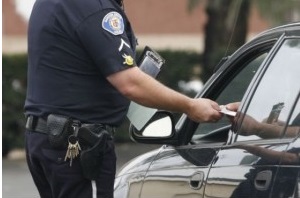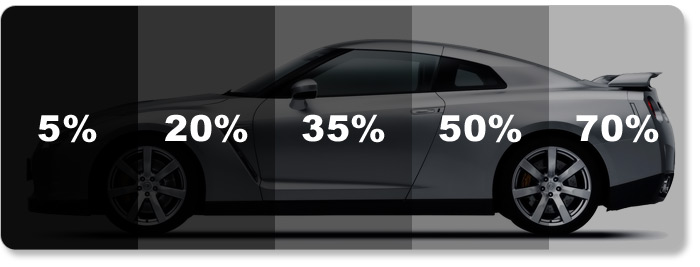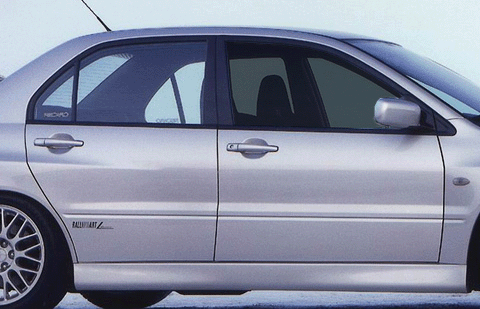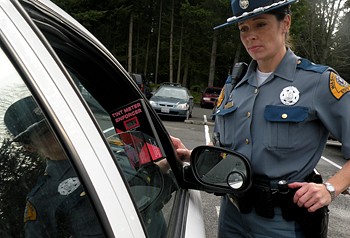Understanding Window Tint Laws
What You Should Know About Window Tint Laws
Most countries have strict window tint laws. According to the US federal government, it is illegal for people to have all kinds of aftermarket film application. However, all states have permission to have their own laws regarding this, and fortunately, their attitude towards allowing vehicles to have darker film shades is more permissive. Some reports suggest that different regions that are in the same state may even have different tint laws. Hence, if you want information about the most current regulations, rules and laws about window tinting you should contact the Police Department in your region.
The window tint laws by state can confuse you sometimes owing to the numerous changes that have been made and are still there. All states have many laws that resemble a patchwork quilt and they need to add and remove more patches as time passes in order to make them applicable in the future. This process can make window tint laws inconsistent sometimes and require personal interpretation for the entire section.
Why Laws are Important
Naturally, auto window tinting makes the light transmittance through the Elite Auto Glass of a car less visible. Since, at night, the driver finds it more difficult to spot hazards that would otherwise be invisible by seeing through the windows that other cars have, this poses potential danger. Police officers would also want to have the ability of identifying the passengers that a vehicle has. Therefore, car window tint laws are made to ensure the darkness of films is not dangerous to motorists.
Visible Light Transmission – VLT percentage is the most vital characteristic of all window films. Visible Light Transmission percentage indicates the amount of visible light that you are allowed to shine into your car and how dark its tint looks. Generally, you can buy the films as 50% (light), 5% (limo), 35% (medium), and 20% (dark). The law in each region specifies the VLT that it allows. The range of the level of darkness begins from 43% VLT Light Smoke through Limousine, Midnight and Smoke. The lighter shades are the current trend.
How to Find a Reliable Window Tint Shop
Drivers customize their cars because they love it. Car owners usually spend a lot of money and time in using their vehicles to make a statement. Window tinting is an easy upgrade that has the ability to make your car distinct from the rest. Moreover, tinting can offer you and your car numerous benefits apart from making it stylish. However, you should remember that all states have their own auto window tint laws before heading to the tint shop.
- Reliable Dealer – You should look for a reputable dealer when you want to shop for window tinting. In this case, it will be very important for you to do your homework. You should find the tint shops with the best reputation by asking around and researching them on the Internet. You will get more quality work from the ones that have been in existence for a longer period.
- Warranty -You should also ask about the kinds of warranty that are available from the dealer. Sometimes, you will find a cheap job good in the initial stages but it may begin to bubble or change color after a short period. You should therefore get the best warranty that you can find.
- Type of Film Used – The kind of film that the dealer is using is another factor that you need to consider. You should get tinting film with the highest quality in order to meet your needs since it is an investment. You should find out about the kind of film that the tint shop uses before getting your windows tinted. You can find a wide variety of films depending on what you want.
- Accordance to Laws – Finally, you should remember to check the window tint laws in your state. When it comes to automotive window tinting, all states have their own laws.
Bottom Line
These laws regulate the darkness of your tint, restrict where it can be put as well as the amount of film that you can use. An officer can pull you over if he/she suspects that the tint that you have may not be legal. You may even receive a ticket from the officer and be required to remove the tint. In this case, you will have wasted all the money that you used on it. Doing your homework is the best way of avoiding this scenario.



